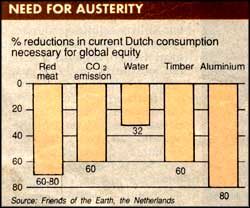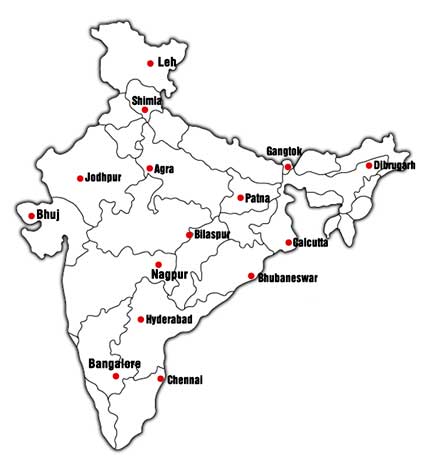2nd Int. Climate Change Adaptation Conf. 2012, Tucson, Arizona, USA, May 29-31, 2012
Climate Adaptation Futures: Second International Climate Change Adaptation Conference 2012, 29-31 May 2012, Tucson (Arizona), United States of America Co-hosted and convened by the University of











